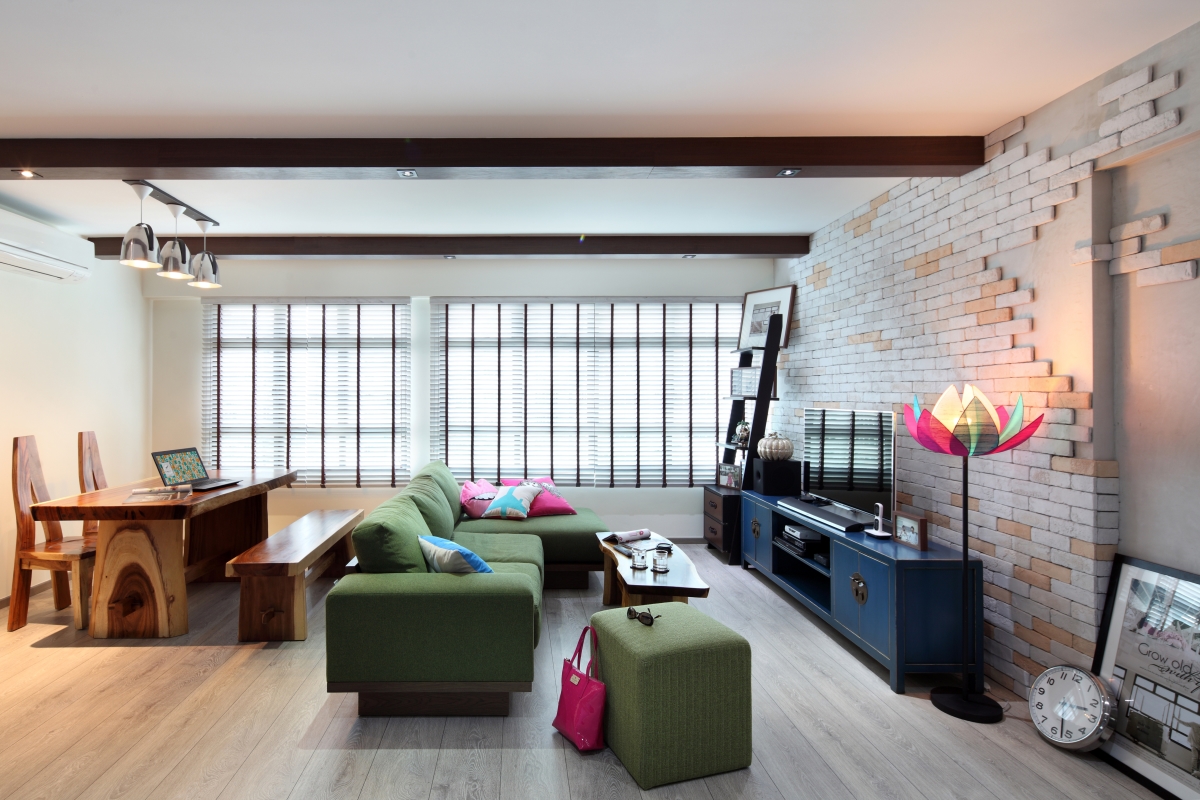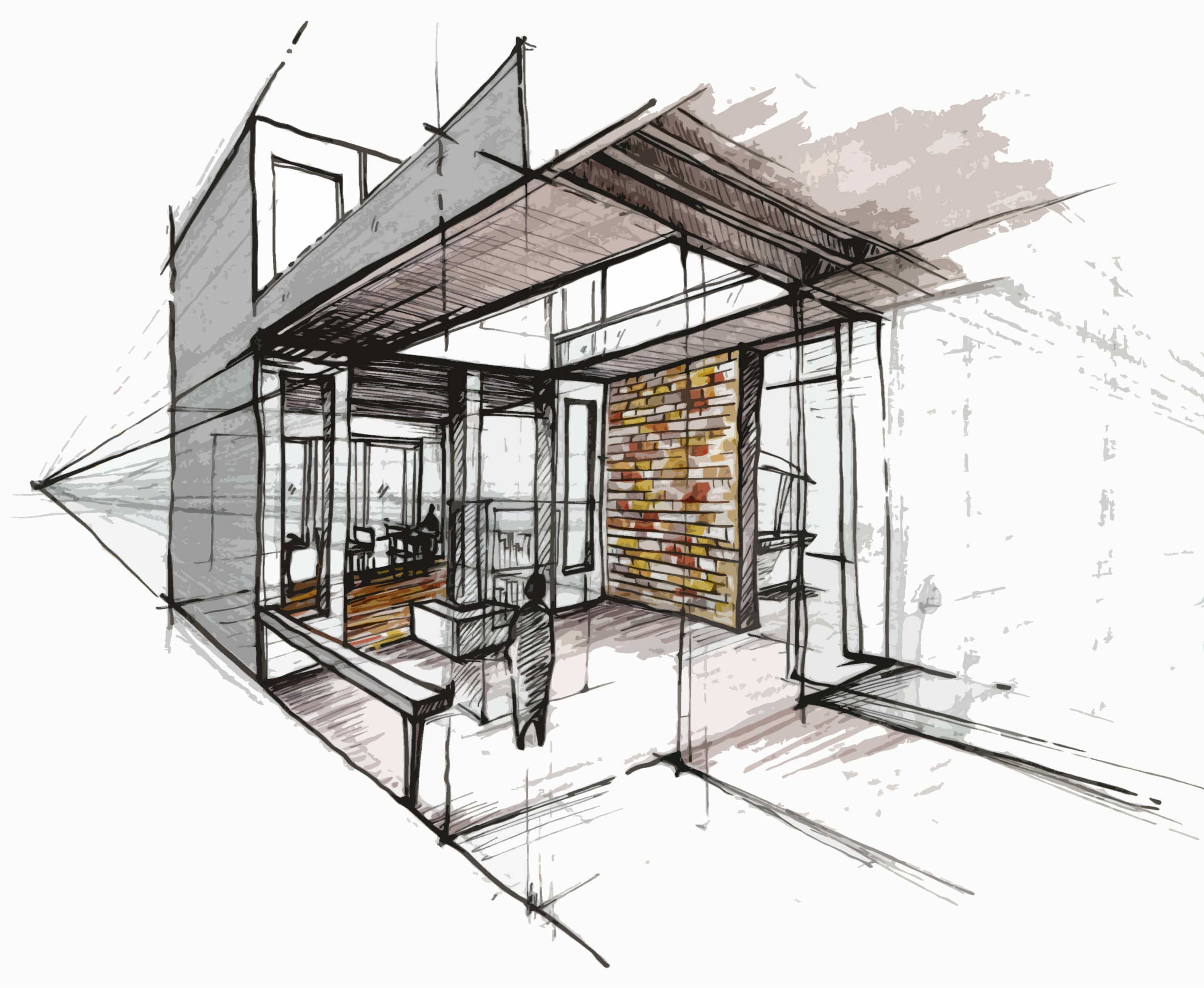7 Signs It’s Time to Replace Your Heat Pump
Interior Design & Decor5 minutes read
6648 views
6648 views
However, heat pumps lose their efficiency over time due to wear and tear, part malfunction, or age. The system doesn't need to stop working for you to replace it. Keeping an eye on various indicators can help determine when to get a new heat pump. Discussed below are seven signs it’s time to replace your heat pump.
1.
Ridiculously high
energy bills
While your system might seem to operate
normally, an abnormally high energy bill is a sign all isn’t well. Several factors
can contribute to inflated electricity expenses, including:
● Inefficient appliances
● Poorly insulated home
● Energy-wasting practices
● Faulty/ damaged heat pump
This makes it hard to pinpoint the real cause of high energy bills. However, heating and air conditioning professionals can help determine if your heat pump is the reason for the energy cost surge. A heat pump repair or replacement could be the perfect solution, depending on why the system consumes so much energy. With the help of a heat pump repair and installation company, you can quickly determine what you need to do to lower your energy bills.
2.
Strange noises
Odd heat pump noises indicate that they require repair or replacement.
The system could be making these strange noises due to:
● Ductwork issues: Whistling sounds in your
ducts may be a sign of ductwork damage
● Outdoor unit problems: Noises from the
outdoor unit, including rattling, buzzing, or vibration, often indicate that
your heat pump needs repair or replacement
● Indoor air handler issues: If you hear loud
noises from the indoor air unit, it could be because the system is aging or
incorrectly installed. If the system is older, the unit may be due for
replacement or repairs. Clicking sounds might imply that the fans, pistons,
belts, rod, valve, crankshaft, or thermostat is damaged
● Short cycling: It happens when your heat pump frequently turns on and off on its own, significantly raising the system’s
wear and tear, which considerably shortens its lifespan
If the strange noises aren't addressed immediately, the problem may escalate, necessitating costly repairs or unit replacement.
3.
Poor airflow
While your heat pump might be cooling or
heating indoor air to the right temperature, it won’t be of much use if it
isn’t circulating sufficient air throughout your home. Low airflow may arise
due to various reasons like poor/ inadequate maintenance. Also, if you haven't
changed the heat pump filter for a while, it might get clogged and restrain airflow.
If the filter is clean, the low airflow could be due to an issue with your blower motor, which can start malfunctioning because of many years of use or dust buildup in the heat pump. With the help of a heating and air conditioning expert, you can quickly determine if the cause of the airflow is sufficient enough to warrant a replacement.
4.
Regular repairs
Heat pumps require regular maintenance and care to
function optimally. You may occasionally need extra repair or service.
Nevertheless, if your heat pump constantly needs repairing several times a
year, you may end up spending more than necessary to keep the unit running. As
such, replacing the heat pump could be the most efficient and economical
alternative.
Normally, you should only consider one significant part replacement or repair over your heat pump’s lifespan. Nonetheless, if severe repairs start happening, it could be a tell-tale sign of future problems. If your heat pump requires complicated repairs after the warranty’s expiration, replacing it would be more appropriate to avoid wasting money on a unit with a limited lifespan.
5.
The heat pump is
above 15 years
A heat pump's average lifespan is about 15 years. However, the unit may
last even longer depending on:
● It's quality
● Maintenance and care
● When the system was manufactured
● Your locality’s climate
● How often you use the unit
Since a heat pump's average lifespan is 15 years, replacing it around this period would be wise. However, it's within your discretion to replace the unit if you want to upgrade to a more efficient model before this time lapses. Also, if the heat pump constantly needs more than necessary repairs, you can replace it immediately.
6.
Weird odors
7. The heat pump won’t turn off
Your heat pump may need replacing if it won't
turn off. This could be due to various reasons, some of which don't denote a
replacement. The compressor contactor may, over time, succumb to wear and tear.
A failed defrost cycle or malfunctioning condensate pump may cause your heat
pump not to turn off. Your heat pump could also be too small to meet your
heating and cooling needs. For instance, if your unit is undersized, it won't
be able to meet your home's temperature needs.
Look at your heating and cooling system’s specifications and call in an expert to get the right heat pump size. In addition, if the ductwork isn't big enough for your heat pump system, it won't operate as anticipated and may cause the heat pump not to turn off. If your heat pump isn't turning off, contact a heating and air conditioning professional to determine if the unit needs repairing or replacing.
Endnote
Heat pumps are among the most efficient devices you can leverage to make your home comfortable all year round. Look for these signs to know when it’s time to replace your heat pump to keep your system functioning optimally.
Request for quotes and we'll match you with a selection of Interior Designers!
Previous
Unveiling the Magic of Golden Employer Awards


 Sign Up with Google
Sign Up with Google

.jpg)
[google](https://google.com/)
[url=https://google.com/]google[/url]
great post! <a href="https://www.google.com">google</a>